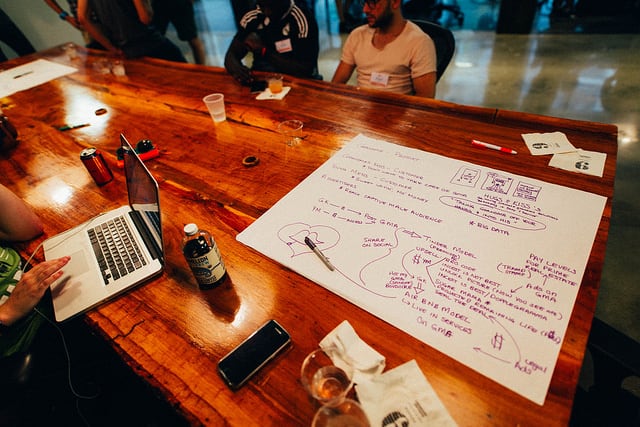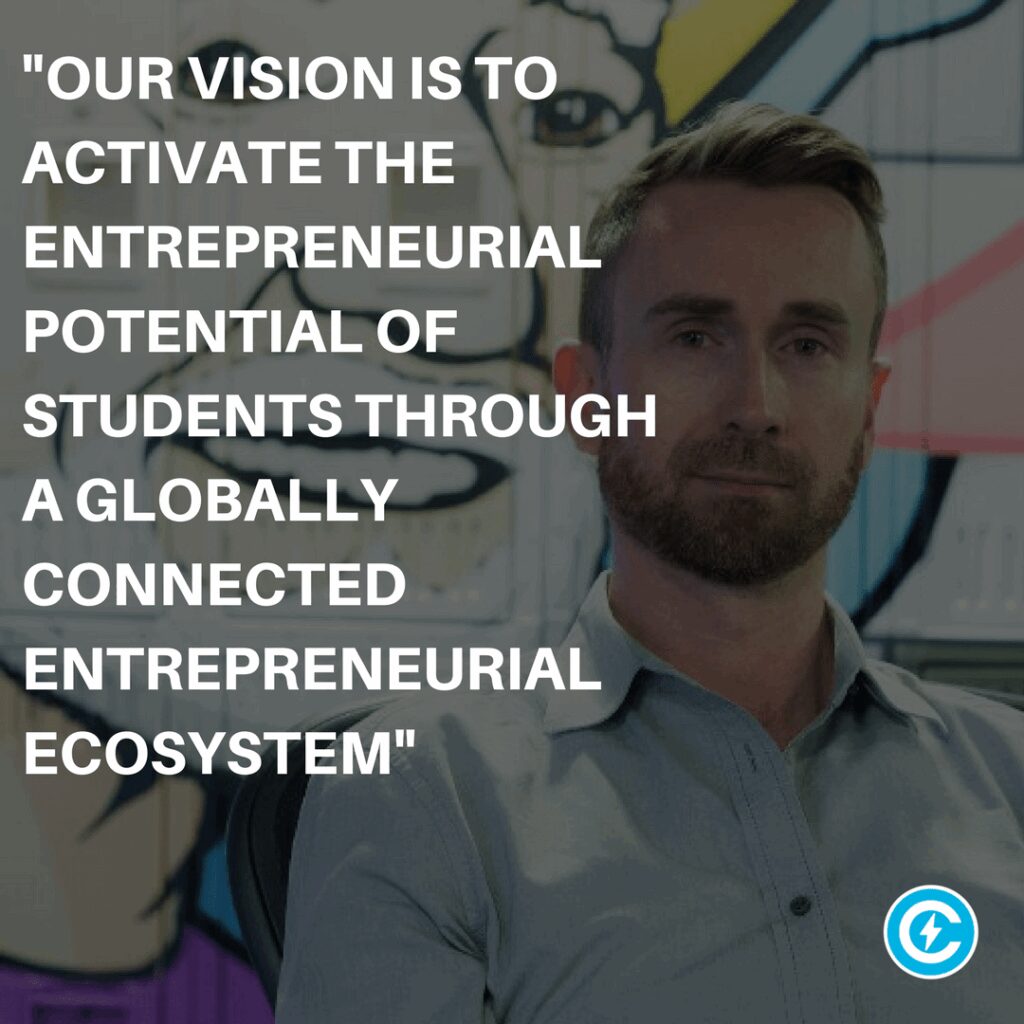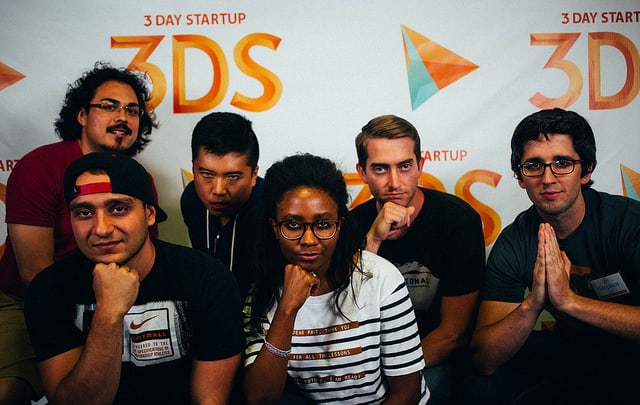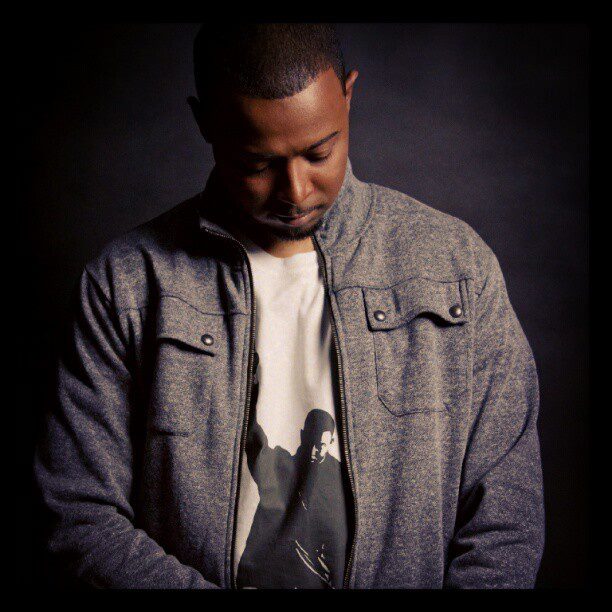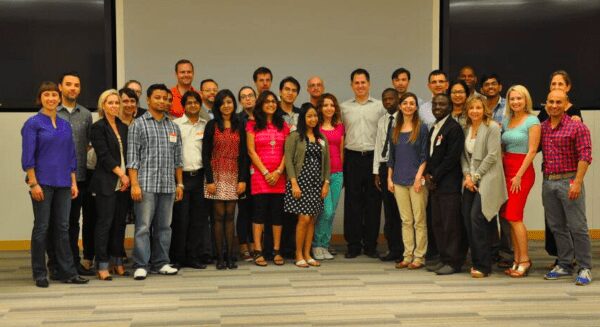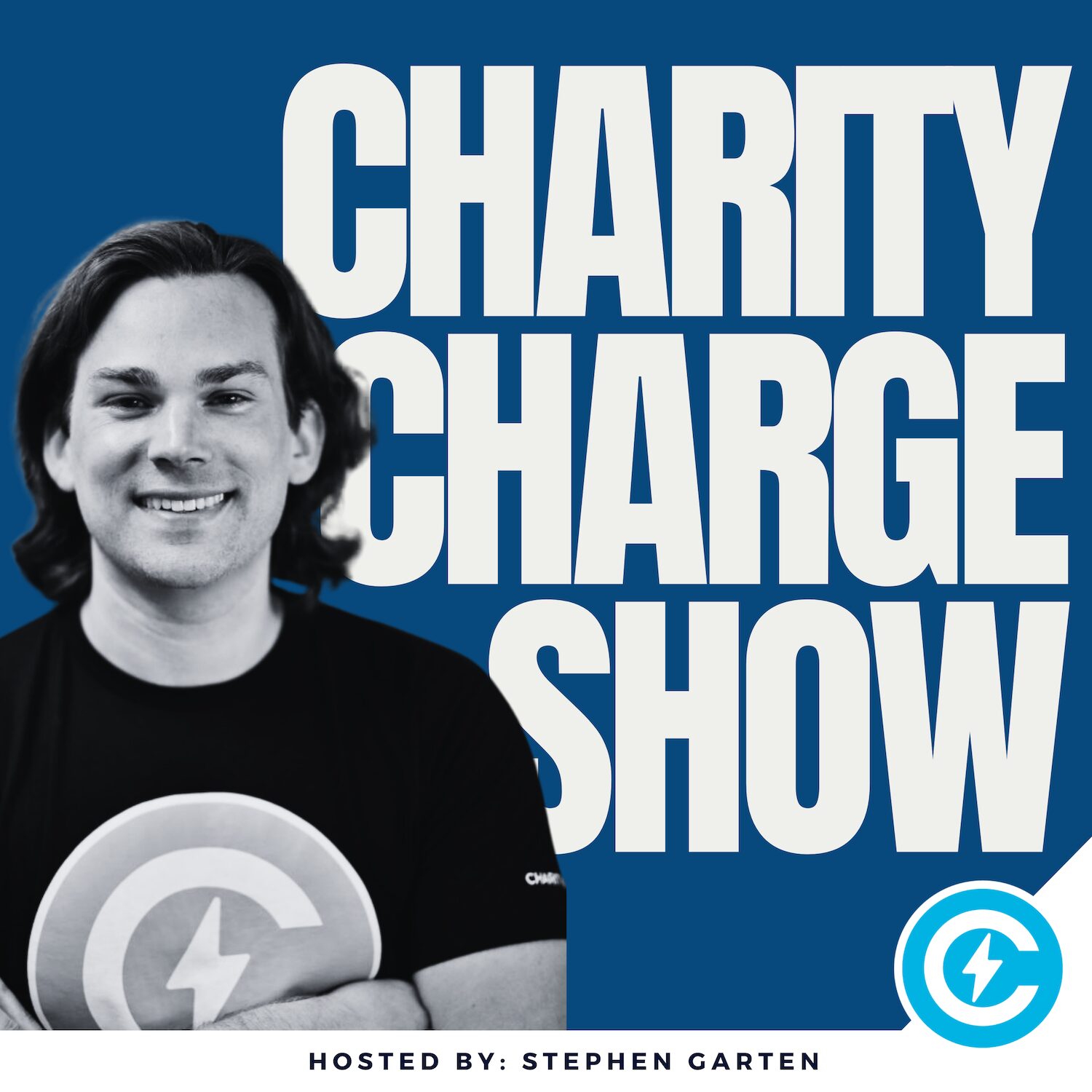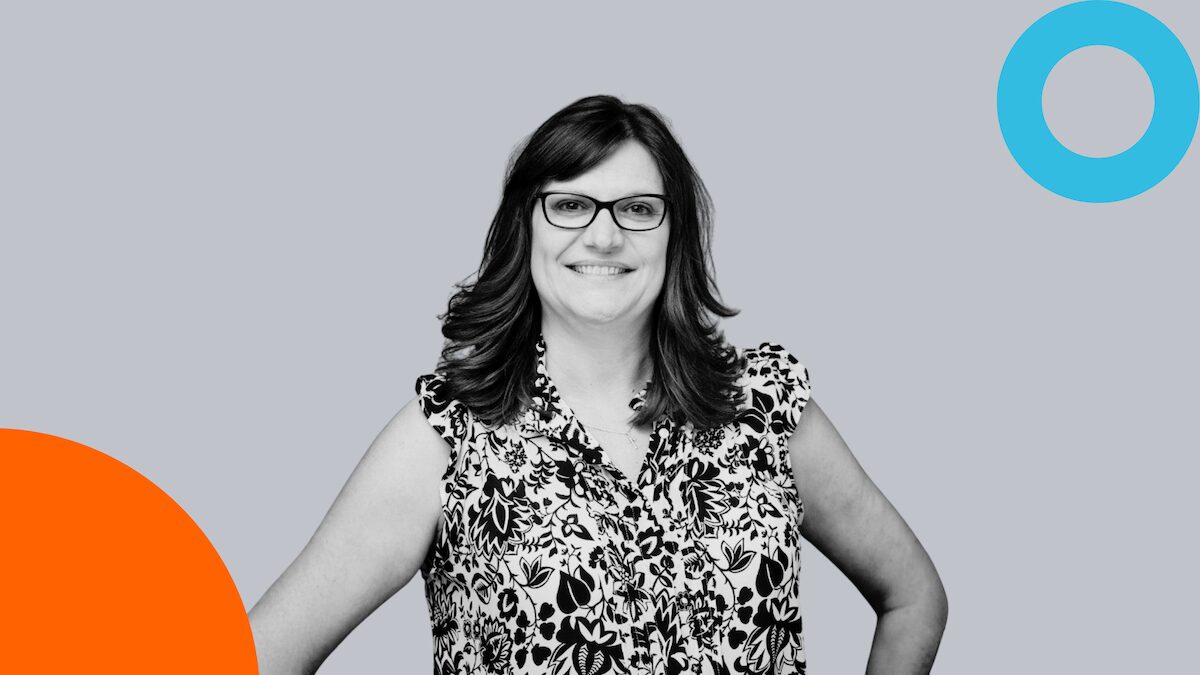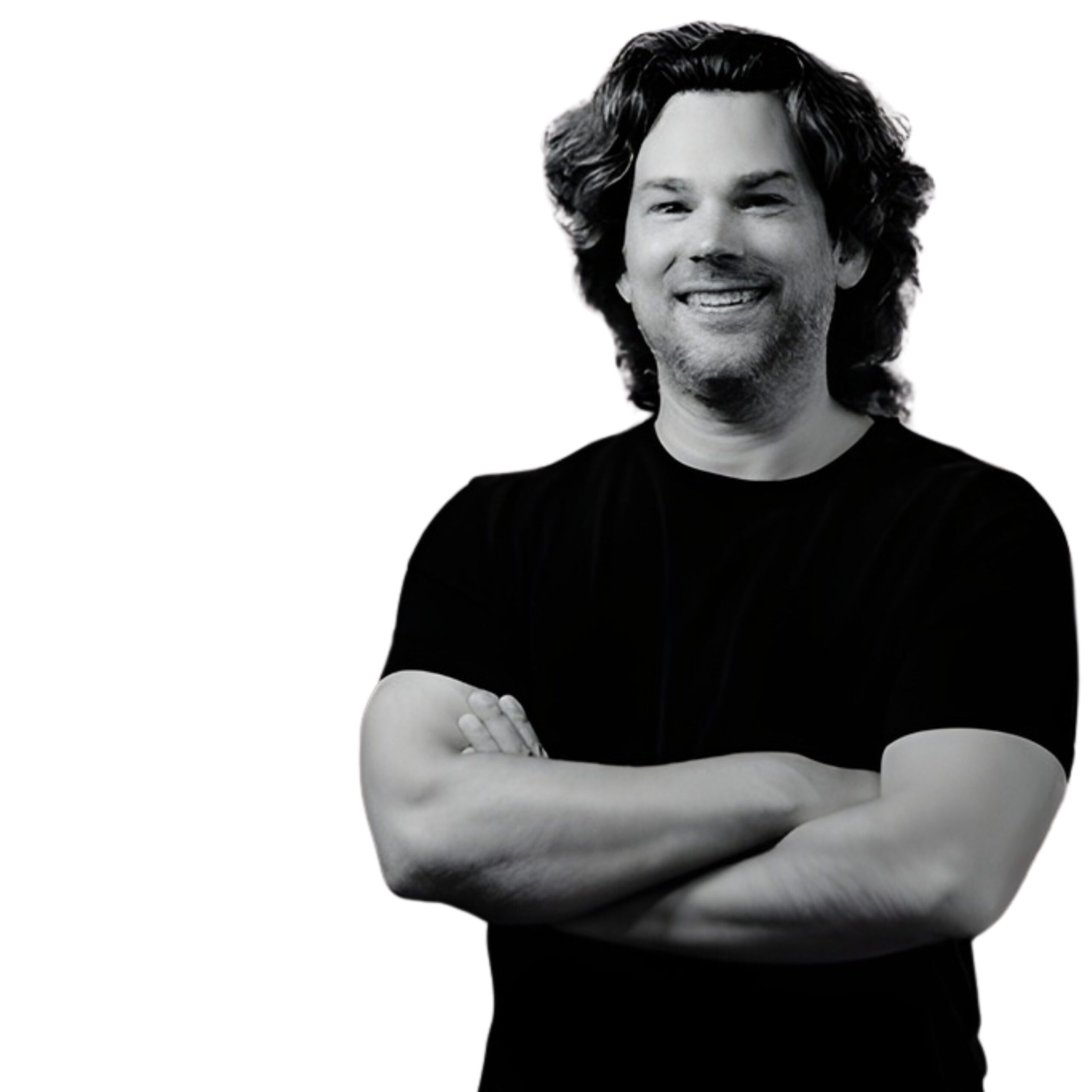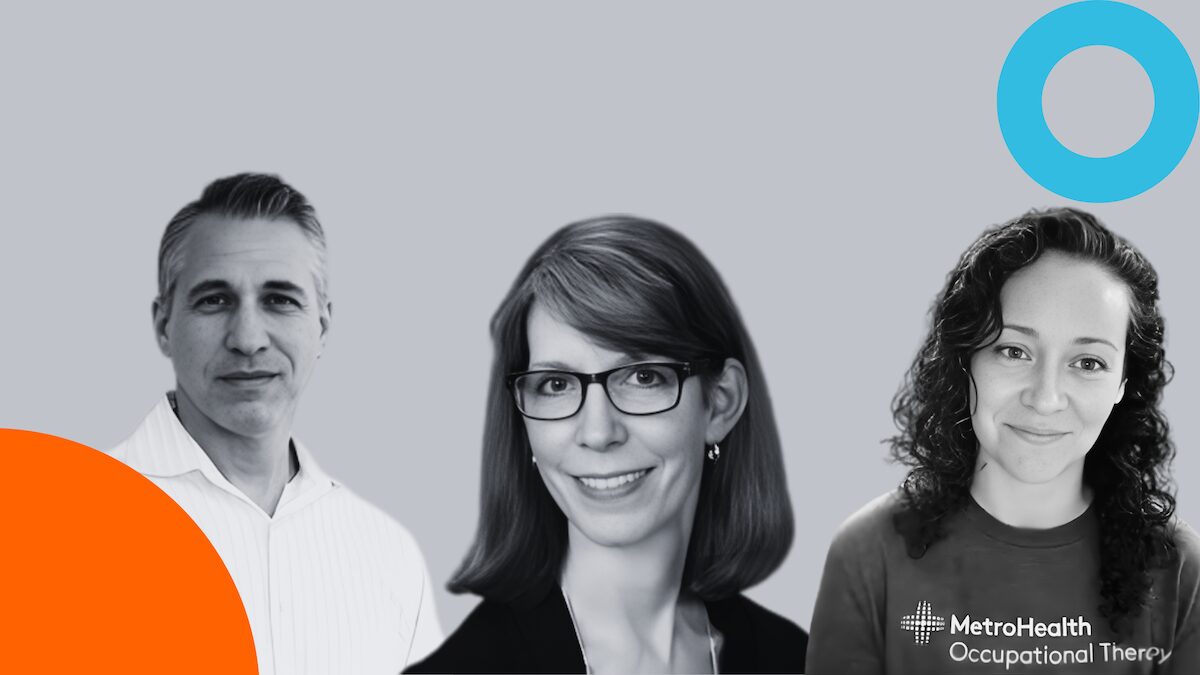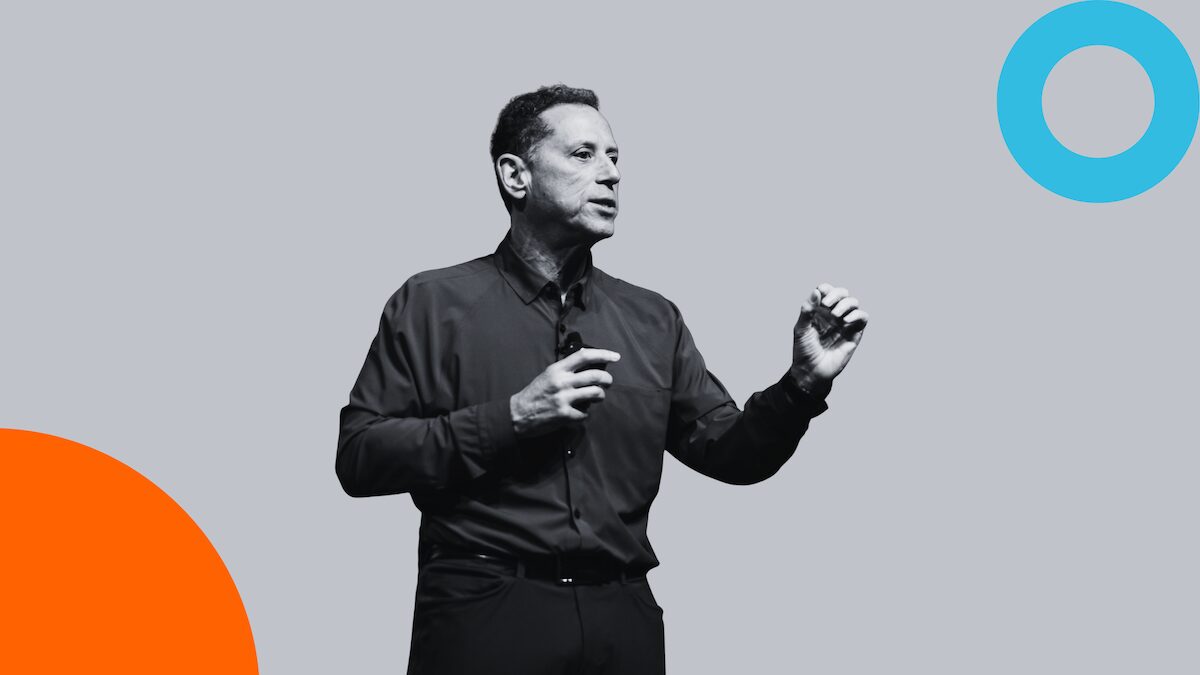Cam Houser is the CEO of 3 Day Startup — a nonprofit dedicated to providing students around the world with the tools they need to pursue their entrepreneurial dreams through a concentrated and experiential learning model.
Originally founded by a diverse group of students who saw an untapped reservoir of potential for startups in higher education, the 3 Day Startup program debuted at the University of Texas at Austin in 2008. The student organization incorporated as a nonprofit in 2010.
Since then, Cam and his team have expanded this immersive, short-format model to higher learning institutions across the globe.
Listen to more inspiring nonprofit stories on our Charity Charge podcast.
Below is a Q&A with Cam about 3 Day Startup and his journey thus far in the social impact arena.
Tell us a little bit about your history prior to working at 3 Day Startup — how did your previous experiences prepare you for this journey?
I moved to Austin in 2002 where I played in rock bands and worked for a few tech startups. Both of those experiences taught me a great deal. I had been a songwriter for a long time, but the musician experience in Austin taught me a lot about what it really means to be creative. Being creative means being able to produce. It’s all about execution.
I learned about the startup game when I was working for an ecommerce company called Amplifier. Their flagship client at the time was the Livestrong Foundation when the famous yellow wristband was blowing up. We shipped 16 million of those things across the world.
Working in that kind of environment and playing live music really had a huge impact on my view of the world, the power of startups, and the value of experiential learning.
My experience with 3 Day Startup has reinforced my belief that practice trumps theory every time.
What are you hoping to achieve with your work at 3 Day Startup?
Our vision is to activate the entrepreneurial potential of students through a globally connected entrepreneurial ecosystem. That’s why I go to work every day.
We believe entrepreneurship is an incredibly powerful force for communities and economies that must be taught in an experiential way. A lot of our work involves trying to change the conversation about how entrepreneurship is learned by students.
What motivated you to get involved with a nonprofit instead of a conventional business?
We wanted to maximize our impact on communities. After our first program, an astounding number of students volunteered to help us run the next one. The power of volunteers became abundantly clear early on, and it seemed like a nonprofit was the best vehicle to harness that. As a result, we have been able to run our programs with great success at universities and foreign governments across the world.
What are some of the most challenging obstacles you have had to face in pursuit of your goals?
Shortly after we incorporated, we lost a co-founder. While we had a stellar cast on the board and a bunch of great volunteers, there was just two of us working full time in the beginning. So for a while it was just me at the helm.
Being the sole full time founder was pretty scary and challenging at first. I fretted over this for a couple of days, but then I just put my head down and started grinding. The results followed.
I realized that worrying about the situation was not useful — what was useful was taking action. By being deliberate in my approach to the problems I faced, I was able to move forward.
What advice would you give to people who are eager to make a social impact but don’t know where to begin?
Go join something. Go volunteer with an organization and get a sense of how these groups operate. In many ways, it’s easier to break the rules if you know them in the first place. Get involved and contribute. Be a meaningful member.
This is not about you — this is about making a meaningful impact on the world.
After you’ve learned the ropes and you get a sense of how things work, then you can start something on your own. Think about the sustainability of what you’re doing.
Having a great impact that’s short-lived is nothing compared to having a great impact that sustains.
If you follow solid business principles and practices, you’re going to be able affect long-term change. I strongly recommend learning business no matter what it is you are doing.


